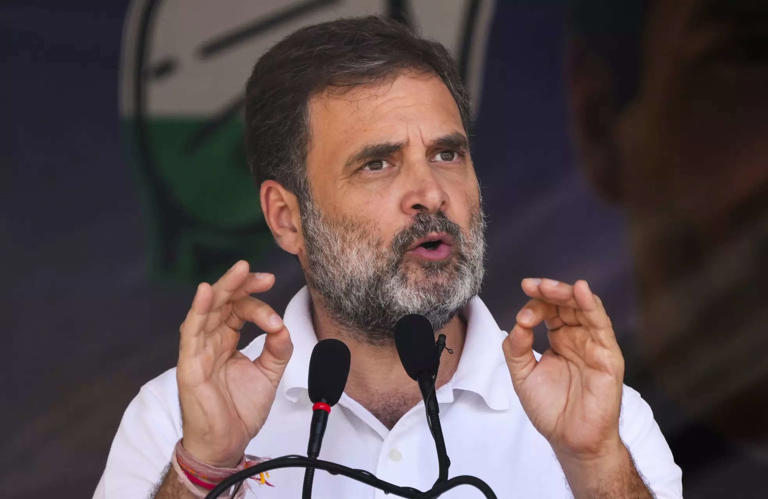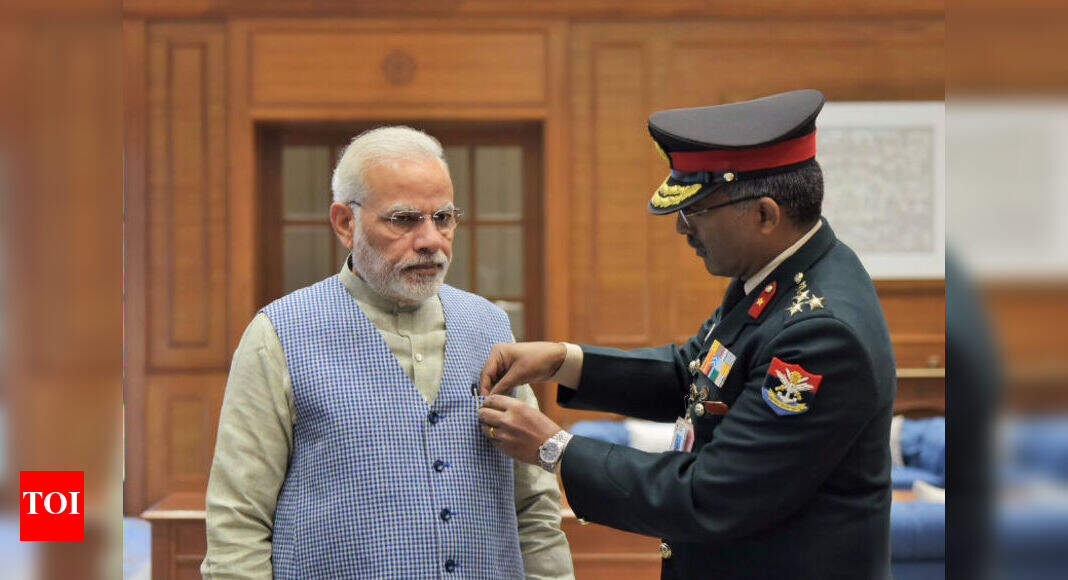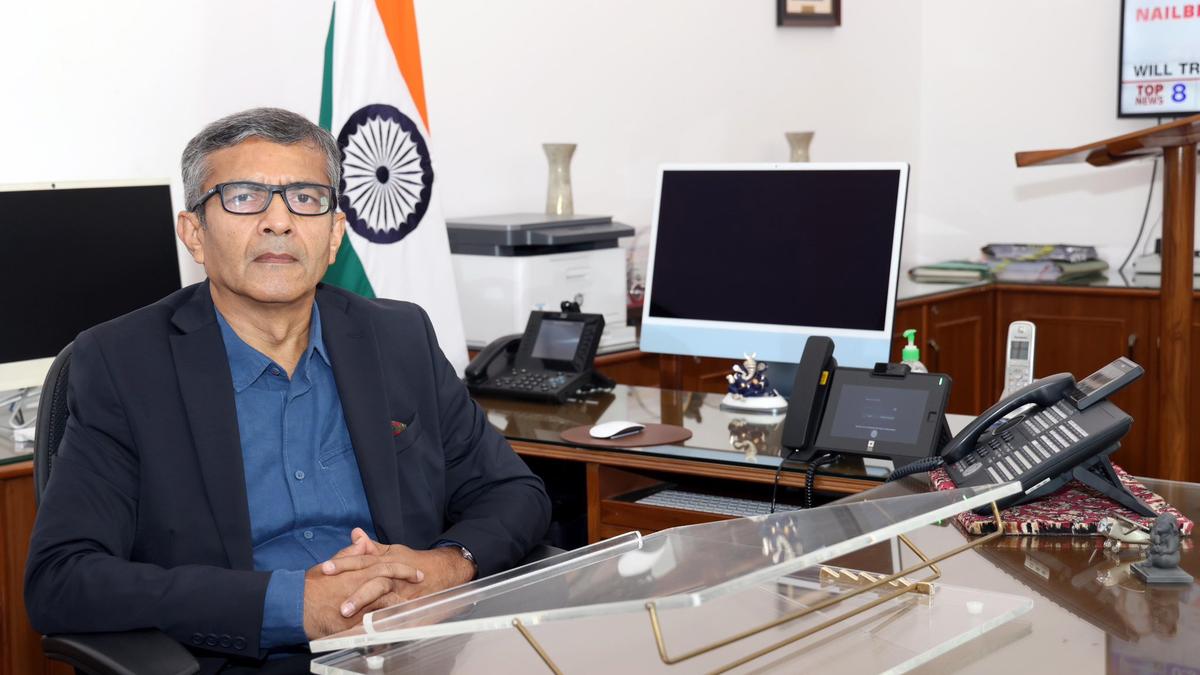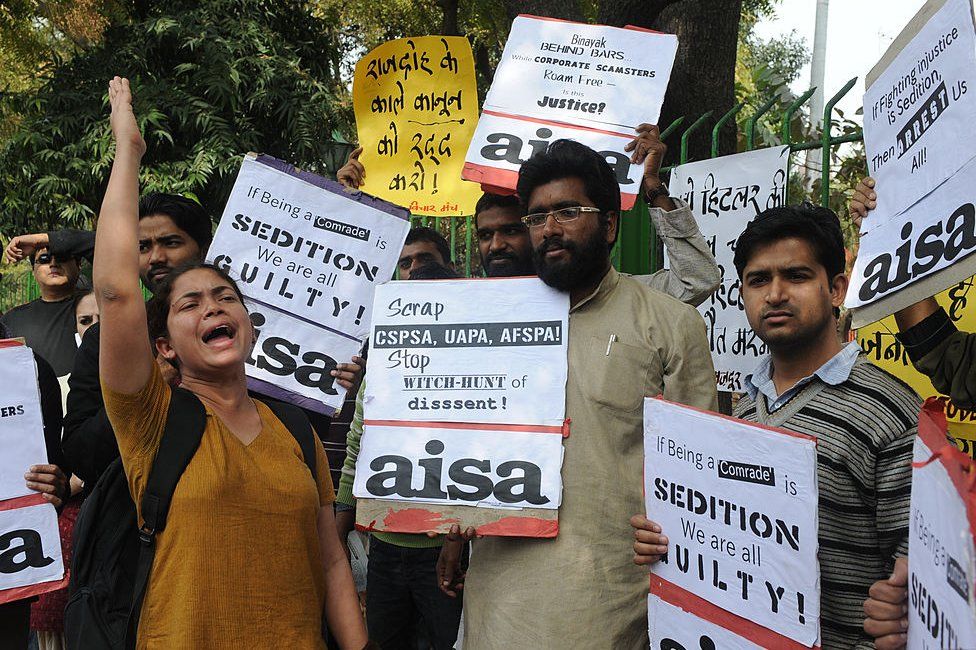


In a recent incident in Darbhanga, Bihar, the police interrupted Lok Sabha LoP and Congress MP Rahul Gandhi from reaching the Ambedkar Hostel where he was scheduled to address students at an event. This move sparked controversy and raised questions about the freedom of speech and political interventions in educational institutions. This incident comes in the midst of the upcoming Delhi Assembly Elections and the ongoing discussions about the Union Budget, bringing focus on the role of politicians in student-related matters.

In his first national address since the India-Pakistan ceasefire, Prime Minister Narendra Modi praised the armed forces and intelligence agencies for the successful execution of Operation Sindoor. The operation, launched in response to the Pahalgam terror attack, targeted nine terror camps in Pakistan and Pakistan-occupied Jammu and Kashmir, resulting in the elimination of over 100 terrorists. Modi dedicated the bravery and courage of the armed forces to the women of India and reaffirmed their full operational freedom in the fight against terrorism.

Sukhdev Thapar, also known as Sukhdev, was a fearless freedom fighter who dedicated his life to India's independence from British rule. Despite facing numerous hardships, he joined the Naujawan Bharat Seva and the Hindustan Socialist Republican Association, working closely with his comrade Bhagat Singh. Sukhdev was actively involved in various revolutionary actions, but it was the Lahore Conspiracy Case that ultimately led to his arrest and execution. On his birth anniversary, let's honor and remember the brave and devoted leader who fought for our nation's freedom.

As India celebrates Chhatrapati Sambhaji Maharaj Jayanti, we remember the valiant warrior who fearlessly fought against the mighty Mughal Empire. Sambhaji Maharaj's reign may have been short-lived, but his legacy of courage, wisdom, and unwavering commitment to freedom and faith continue to inspire every generation. We honor his sacrifice by standing firm in our values and fighting for justice, just like Sambhaji Maharaj did.

Following the deadly terrorist attack in Pahalgam, Jammu and Kashmir, Defence Secretary Rajesh Kumar Singh met with Prime Minister Narendra Modi to discuss the ongoing situation and response to the attack. This meeting comes after the Air Chief Marshal and Admiral of the Indian armed forces also met with the Prime Minister. Last week, PM Modi gave the armed forces "complete operational freedom" in dealing with terrorism and the United Nations Security Council is holding a closed consultation on the tensions between India and Pakistan.

In a recent interview, actor Prakash Raj spoke about his opposition to the banning of films and censorship in the Indian film industry. He cited examples such as the banning of Deepika Padukone's film Padmaavat and the controversy over Shah Rukh Khan's song in Pathaan. Raj argued that the current government is allowing these bans to happen and suppressing free speech. He also referenced the recent controversy involving singer Sonu Nigam, who was booked by police for making anti-Kannada remarks.

This article sheds light on the increasing suppression of free speech and dissent in Indian universities. With the rise of protests and student demonstrations against various issues, university administrations and authorities have resorted to violent crackdowns and oppressive measures to stifle any form of dissent. This not only highlights the larger systematic attempt to subvert democracy in India, but also exposes the complicity of mainstream media in damaging the image of these universities and their students. Moreover, the ongoing attack on academic freedom and the rise of intolerance on university campuses raise concerns about the future of critical thought and intellectual discourse in the country.

In a hearing at the Supreme Court, the bench rebuked Congress leader Rahul Gandhi for his "irresponsible" comments about freedom fighter Vinayak Damodar Savarkar. The judges highlighted the need to show respect for India's freedom fighters and questioned whether Gandhi was aware of his grandmother and Mahatma Gandhi praising Savarkar. The court also stayed an Allahabad High Court order that refused to dismiss a lower court's summons against Gandhi over his alleged remarks about Savarkar.

The Supreme Court has stepped in to warn Congress MP Rahul Gandhi over his comments about India's independence activist Veer Savarkar, staying a trial court's summons to the politician. The top court emphasized that Savarkar is a highly respected figure in Maharashtra and stated that no one would be allowed to make derogatory remarks about freedom fighters. The court also pointed out that Gandhi's family has had a history of praising Savarkar and Gandhi himself has been warned that the court will take suo motu cognizance of any such remarks. Additionally, the article also mentions an attack in Jammu and Kashmir that has led to heightened tensions between India and Pakistan.

In a shocking turn of events, former Uttar Pradesh Shia Waqf Board chairman Syed Waseem Rizvi was arrested by the Haridwar Police for delivering an alleged hate speech at a religious congregation. The arrest came just weeks after Rizvi was granted bail in a similar case, adding to the controversy surrounding the influential leader. The incident has sparked debates on freedom of speech and religious tolerance in India.